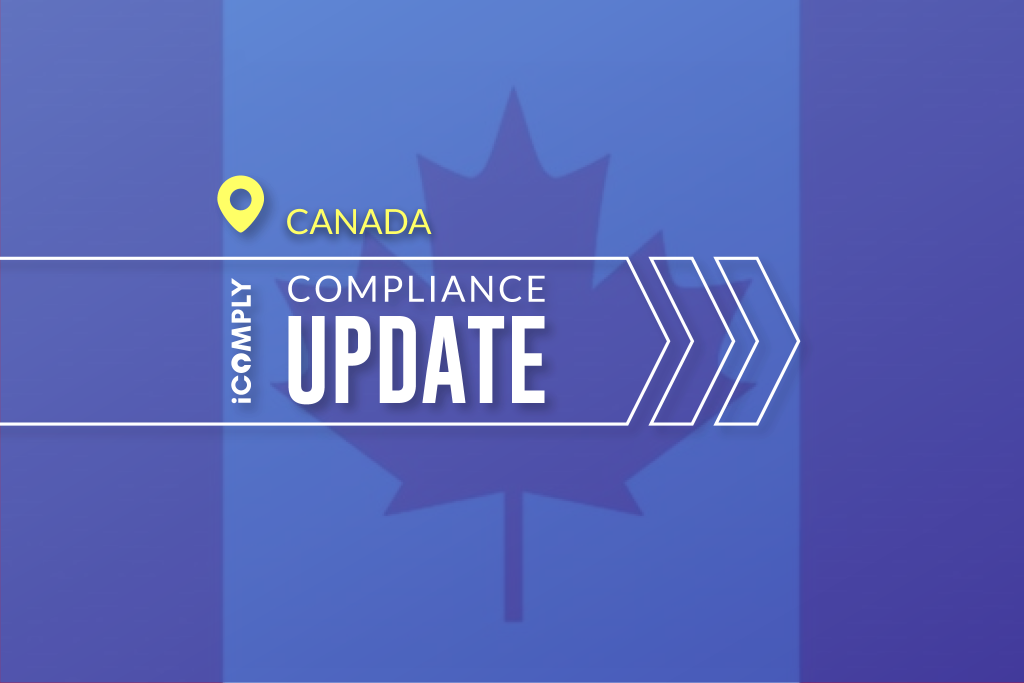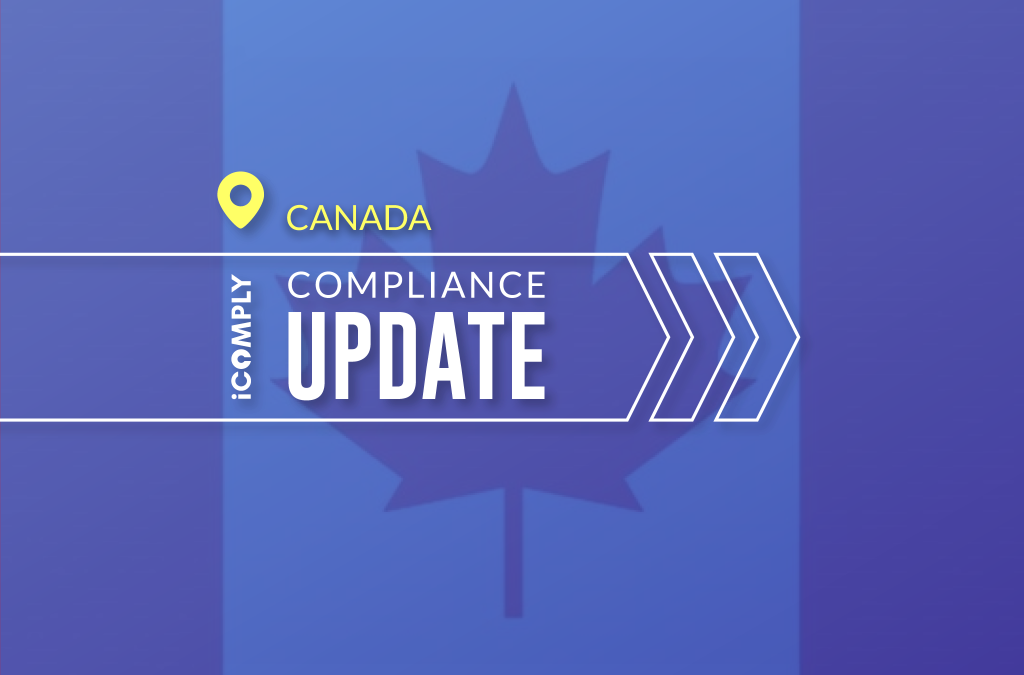IIROC Imposes $250,000 Fine on Laurentian Bank Securities Inc.

The Investment Industry Regulatory Organization of Canada fines Laurentian Bank Securities Inc. US$250,000 for not using a transaction monitoring system
What Happened?
April 16, 2020: Laurentian Bank Securities Inc.–a regulated investment dealer under the jurisdiction of the Investment Industry Regulatory Organization of Canada (IIROC)–was charged with failing to implement and maintain an adequate trading supervision system, which resulted in the organization failing to comply with AML obligations.
In a hearing that took place on April 24, 2020, the IIROC Hearing Panel accepted a settlement agreement, according to which Laurentian Bank Securities Inc. agreed to pay US$250,000 in fines.
Source: https://www.iiroc.ca/Documents/2020/227d22f8-bca1-49f9-8161-157d63ea9ffd_en.pdf
Who Is Impacted?
Businesses that facilitate the trading or exchange of regulated assets–including equities, debt, derivatives, and cryptocurrencies.
Why This Matters?
Failing to have a transaction monitoring system in place creates the risk of money laundering going unnoticed within your business.
Transaction monitoring is a requirement that, when overlooked, will result in staggering fines, sanctions, and damage to the integrity of your brand’s reputation.
What’s Next?
IIROC’s Trading Conduct Compliance department (TCC) is tasked with regularly examining and testing their participant’s transaction monitoring systems to identify any problems or concerns.
Laurentian Bank Securities Inc. will be required to address these concerns and to correct the deficiencies. Going forward, the firm can expect to face increased scrutiny and reputation damage and will continue to appear in AML screening for Adverse Media and Watchlists for years to come.
learn more
Is your AML compliance too expensive, time-consuming, or ineffective?
iComply enables financial services providers to reduce costs, risk, and complexity and improve staff capacity, effectiveness, and customer experience.
Request a demo today.
Uncovering the Risks of Synthetic Identities
Meet “Joe Smith”, your suspiciously-good-on-paper prospective client applying for a line of credit. While many of Joe’s details seem to be tied to real documents like a valid Social Insurance or Social Security Number (SIN/SNN), address, and (of course) a glowing...
Stepping Up Your AML Practices in 2023
As we ease into 2023 and reflect on the ever-evolving world of digital security, there’s no denying that fraudsters have become incredibly advanced in their approach—an estimated 90% of money laundering crimes still go undetected—making AML protocols more important...
Q3 2022 Regulatory Updates
Regulatory actions and industry updates from financial authorities and regulators around the globe in Q3 2022




